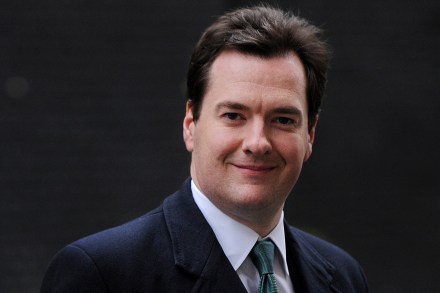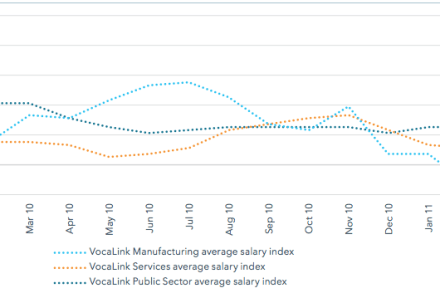Osborne needs to make his case for growth
The Guardian have an odd story today. “Business chiefs who backed cuts now doubt UK growth,” runs the headline — suggesting that these sinners are now being confronted with the error of their own ideology. Who are the business chiefs? We have Archie Norman, the retired head of Asda, now part-time chairman of ITV. He “said the government’s growth targets were too optimistic”. Set aside the fact that the government doesn’t make growth targets now, and has subcontracted that the Office for Budget Responsibility. Where is the connection between growth downgrades and cuts? In the imagination of The Guardian, I suspect. Next Andy Bond, another former head of Asda, is

















